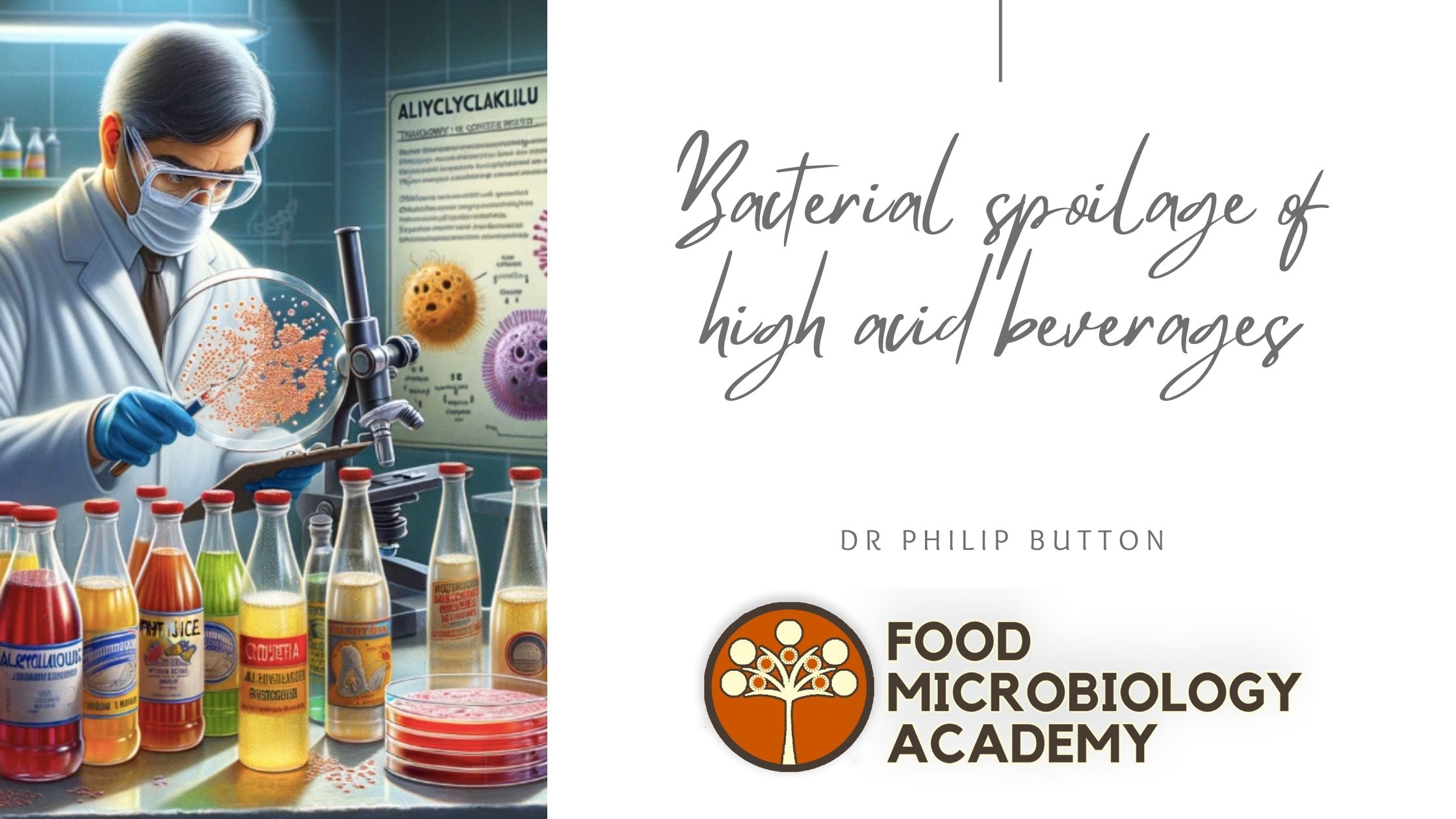High-acid beverage products, including fruit juices, soft drinks, and sports drinks, represent a significant segment of the Australian food and beverage market. These products are valued for their refreshing qualities, convenience, and in some cases, health benefits, such as providing vitamins and hydration. The popularity of high-acid beverages in Australia is underpinned by a variety of factors:
- Consumer preferences: Australians tend to favour healthy and convenient lifestyle choices, and high-acid beverages like fruit juices are often perceived as healthier alternatives to soft drinks. This perception is supported by marketing that highlights their vitamin content and benefits to overall health.
- Climate: Australia’s generally warm climate increases the demand for refreshing beverages throughout the year. High-acid beverages such as lemonades and other citrus-based drinks are particularly popular as they are both refreshing and hydrating.
- Innovative product offerings: The Australian market is characterized by a high degree of innovation, with manufacturers regularly introducing products with new flavors, functional benefits (like added vitamins, minerals, or probiotics), and lower sugar content to meet changing consumer demands.
- Export potential: Australia also exports a significant amount of fruit juices and high-acid beverages to other countries, particularly in the Asia-Pacific region. This export market adds considerable value to the industry and helps balance trade deficits in the food and beverage sector.
- Regulatory environment: The Australian food and beverage industry is highly regulated to ensure product safety and quality. This rigorous regulatory environment has helped build consumer trust in the safety and quality of domestically produced high-acid beverages.
.

.
The high-acid beverage market in Australia is expected to continue growing, driven by health-conscious consumers, ongoing product innovation, and the expansion of export markets. However, the industry also faces challenges such as the fluctuating costs of raw materials and the public’s increasing awareness of the health implications associated with sugar consumption. Manufacturers that can navigate these challenges while continuing to innovate are likely to see ongoing success in the Australian market.
In addition, beverage industry continuously faces challenges posed by microbial spoilage, which can lead to economic losses and potential risks to consumer health. Among the various microorganisms affecting the industry, Alicyclobacillus holds a unique position, particularly concerning the spoilage of high-acid beverage products. Understanding the taxonomy, behavior, and control measures of Alicyclobacillus species is essential for maintaining the quality and safety of acidic beverages such as fruit juices and soft drinks.
Introduction to Alicyclobacillus
Alicyclobacillus is a genus of Gram-positive, acidophilic, thermophilic bacteria known for its ability to spoil acidic food products. This genus was first identified in the 1980s when it was isolated from spoiled apple juice. The most notorious feature of these bacteria is their ability to form endospores, which can withstand harsh conditions, including high temperatures that are typically used for pasteurisation.
Taxonomy of Alicyclobacillus
Taxonomically, Alicyclobacillus belongs to the family Alicyclobacillaceae within the phylum Firmicutes. It is closely related to other spore-forming bacteria, which are known for their resilience in various environments. Over the years, researchers have identified several species within this genus, each with unique traits affecting its interaction with food products. The primary species associated with food spoilage include:
- Alicyclobacillus acidoterrestris: The most commonly detected species in juice and beverage spoilage. It is particularly noted for its ability to produce guaiacol, a compound that imparts a medicinal or smoky off-flavor to contaminated products.
- Alicyclobacillus acidocaldarius: Known for its thermophilic properties, this species can thrive at higher temperatures compared to other members of the genus.
- Alicyclobacillus herbarius and Alicyclobacillus cycloheptanicus: These species are less common but have been associated with spoilage incidents in certain fruit juice products.
Growth and survival characteristics
The growth of Alicyclobacillus in high-acid products is facilitated by their ability to survive in low pH conditions, typically found in fruit juices and similar beverages. The spore-forming capability of these bacteria allows them to endure pasteurisation, after which the spores can germinate and grow if the storage conditions are favorable. Factors such as temperature, pH, and nutrient availability significantly affect their growth rates and spoilage potential.
Spoilage mechanisms and impact
Alicyclobacillus does not typically pose a health risk to consumers; however, the spoilage caused by these bacteria can lead to significant economic impacts due to product recalls and loss of consumer trust. The primary spoilage mechanism is through the production of off-flavors, especially guaiacol, which causes a medicinal or smoky taste. Additionally, some species might produce other off-flavors, impacting the organoleptic properties of the beverage.
Detection and control strategies
Detecting Alicyclobacillus is challenging due to the robust nature of the spores and the subtlety of early spoilage signs. Traditional culturing methods are commonly used alongside more advanced techniques such as PCR (Polymerase Chain Reaction) to identify and quantify Alicyclobacillus spores in beverage products.
Control strategies often focus on preventing contamination and growth rather than eliminating the organism after contamination has occurred. Some of the most effective control measures include:
- Enhanced Thermal Processing: Developing pasteurisation protocols that can effectively reduce spore viability without compromising the quality of the beverage.
- pH Adjustment: Lowering the pH of the product to levels that inhibit spore germination and growth.
- Hygienic Practices: Implementing stringent hygienic measures in processing environments to minimize contamination from raw materials and equipment.
.

.
Future perspectives
The ongoing research into Alicyclobacillus aims to better understand its biology, improve detection methods, and develop more effective control strategies. Innovations in genomic and biotechnological tools may provide new insights into the mechanisms of resistance and spoilage by this genus, leading to more targeted approaches in managing their impact on the food and beverage industry.
Conclusion
Alicyclobacillus represents a significant challenge in the management of food quality in acidic beverages. While not a direct health threat, the economic implications and potential damage to brand reputation make it a critical focus for research and management in the food processing industry. Through improved understanding and technological advancements, the industry can better safeguard against the spoilage caused by this resilient group of bacteria, ensuring the quality and safety of acidic beverage products for consumers.



